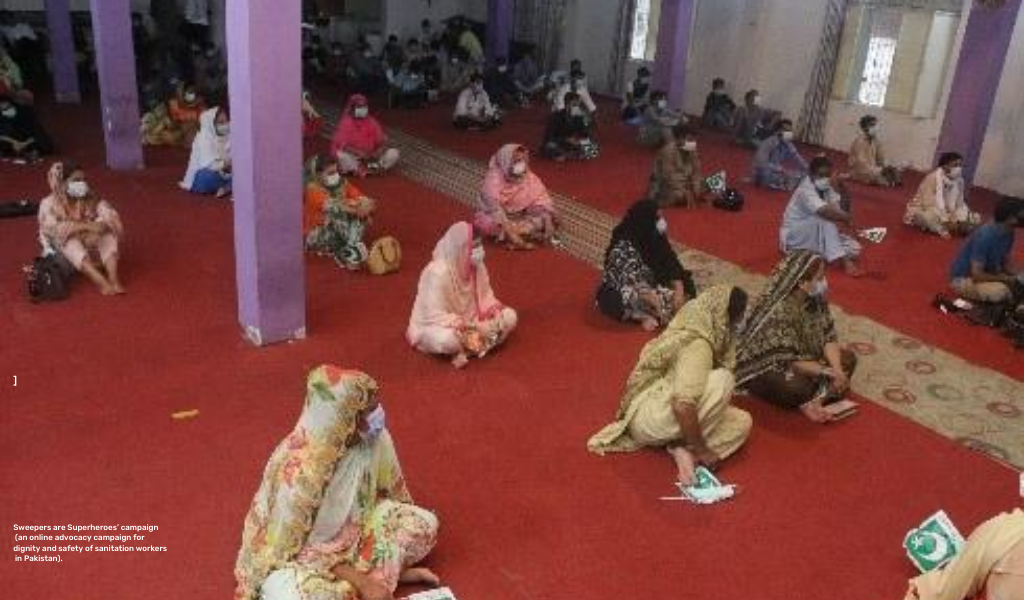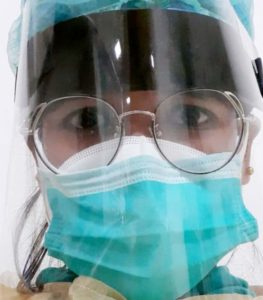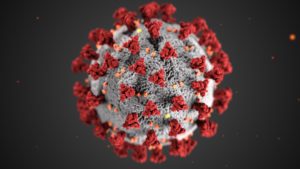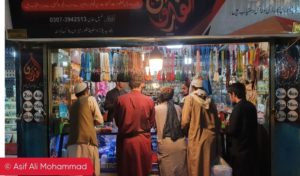The majority of sanitation workers in Pakistan are from religious minorities, primarily Christian and Hindu. Sanitation work is low-paid and low-status, and street and sewer cleaners work daily to clean hospitals, clinics, streets and sewers without any personal protective equipment (PPE), despite the dangers this entails and the provisions for other essential workers during the Covid-19 pandemic.

Sweepers are Superheroes’ campaign (an online advocacy campaign for dignity and safety of sanitation workers in Pakistan).
Between the 9th and the 12th August 2020, the Centre for Law and Justice (CLJ), subcontracted through the CREID consortium by Minority Rights Group (MRG), distributed PPE to 220 sanitation workers across 5 locations in Lahore, Pakistan (Youhanabad, Bail Ahata, Mayo Hospital, United Christian Hospital and Expo Quarantine Centre). The PPE safety kits were acquired locally through competitive wholesale vendors.
Over the past year the CLJ have also been running an advocacy campaign on social media, Sweepers Are Superheroes, to challenge the stigma associated with sanitation workers. This project promotes the inclusion, dignity, protection and economic wellbeing of these marginalised minority workers.
Why this is important
The traditional caste system is dehumanising to the level where victims internalise and accept it as their fate. In Pakistan the intersection of being a Dalit, poor, and belonging to a religious minority has meant being subjected to psychologically demeaning rhetoric, political and socio-economic exclusion on a daily basis.
Most sanitation workers come from a Dalit background and are non-Muslim by faith. Sanitation workers are perceived as “dirty” because they come into direct contact with sewage and waste. If that contact is broken (through PPE), this would help improve their social status and reduce the stigma associated with them and their work.
Most of the sanitation workers CLJ spoke to knew about masks, sanitiser, chloroxylenol and goggles (though they hadn’t used them at the workplace), but their response to the cut-resistant gloves was amazement and surprise as they had never heard of them. Injury due to blades, needles and broken pieces of glass is common in their line of work.
Grievances for not providing sufficient financial remuneration to sanitation workers have long been raised but demanding physical protection at the workplace and respect for sanitation workers as human beings is an altogether new phenomenon and previously unheard of prior to this initiative. Distribution of safety kits among sanitation workers is therefore extremely important, especially in the context of Covid-19, in order to protect them, their families, and to ultimately nurture their sense of self-worth.
Impact
As well as providing necessary protection to sanitation workers who work in high risk settings, PPE provision also boosts their morale and makes them feel valued and respected. The safety kit doesn’t just provide physical protection, but it is a step towards bringing about inclusivity in Pakistani society and dignity in sanitation work.
State functionaries have had a mixed response to the provision of PPE, while sanitation workers, minority leaders and volunteers see it as a gigantic leap forwards, looking at sanitation work in a whole new way. The sanitation workers also said that they felt encouraged that there were some people who were caring for them.
Covid-19 has provided a unique opportunity to highlight the importance of sanitation workers, their attached stigma and their miserable lives. Distribution is needed at a much larger scale to be delivered urgently and in a targeted manner in order to improve the lives of sanitation workers and to redress religious inequalities in Pakistan, making state functionaries and the general public realise that the inclusion, dignity, protection and economic wellbeing of these workers is essential for the health and wellbeing of Pakistani society as a whole.



